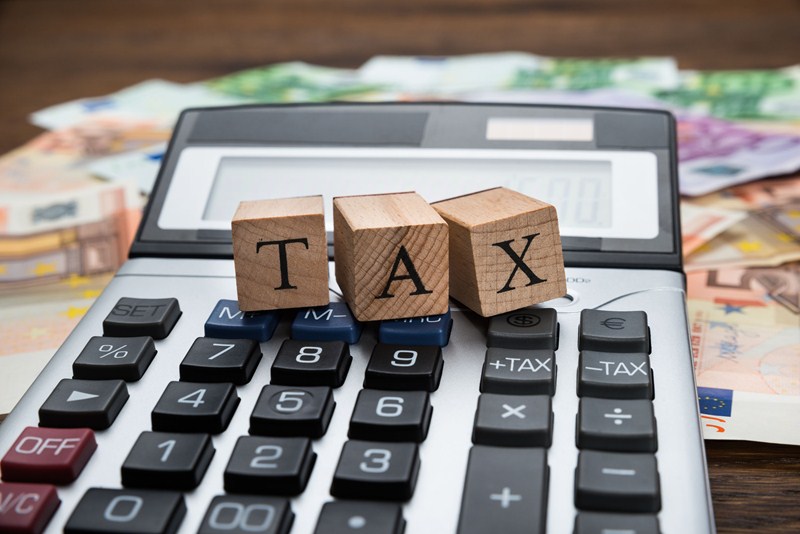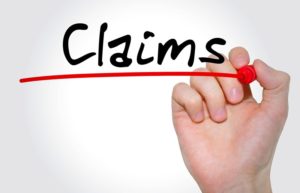There are a number of reasons why a taxpayer is required to complete a self assessment return. This includes if they are self-employed, a company director, have an annual income over £100,000 and / or have income from savings, investment or property.
Taxpayers that need to complete a self assessment return for the first time should inform HMRC as soon as possible. The latest date that HMRC should be notified is by 5 October following the end of the tax year for which a self assessment return needs to be filed.
HMRC has an online tool that can help taxpayers ascertain whether they are required to submit a self assessment return.
The list of taxpayers that are likely to be required to submit a self assessment return includes:
- The self-employed;
- Taxpayers who had £2,500 or more in untaxed income;
- Those with savings or investment income of £10,000 or more before tax;
- Taxpayers who made profits from selling things like shares, a second home or other chargeable assets and need to pay Capital Gains Tax;
- Company directors – unless it was for a non-profit organisation (such as a charity) and you didn’t receive any pay or benefits, like a company car;
- Taxpayers whose income (or that of their partner’s) was over £50,000 and one of you claimed Child Benefit;
- Taxpayers who had income from abroad for which they needed to pay tax;
- Taxpayers who lived abroad and had a UK income;
- Income over £100,000.
Readers who are concerned that they should, or should not be registered for self assessment are welcome to call; we can help you decide, one way or the other.







